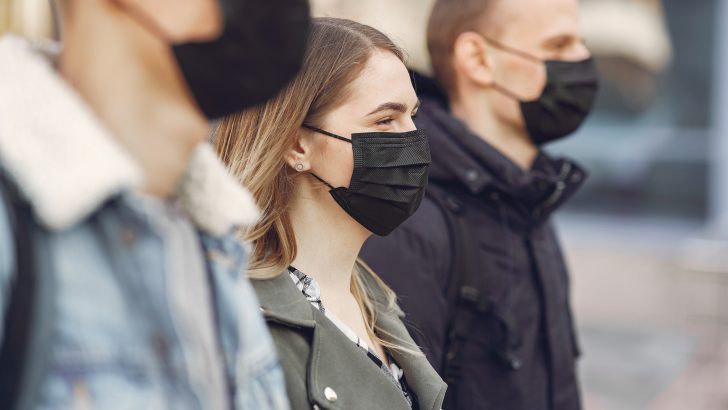Cool Food School Hallowe’en Treats
The Cool Food School are offering an interactive online workshop for children to learn how to make healthy Hallowe’en snacks.
Facilitated by Tallaght Library, the course is aimed at “getting your kids in the kitchen, learning how to cook and making some fun, healthy, Hallowe’en treats”!
“Hallowe’en doesn’t have to be all about sweets. We’ll be making some fun, fruit based treats that will look (and taste) great for any Hallowe’en party or simply, for yourselves!”
The Cool Food School teach online cooking classes, food education workshops and much more. The goal is to make the classes fun and healthy with the focus on children being actively involved in preparing (and eating!) the food!
The event will take place Friday: October 30, at noon, for more information visit here.
Cloth coronavirus face masks work – but only if you wash them
Cloth face masks are useful in protecting against the novel coronavirus, but only if you wash them after every use, according to a new study.
Reusing these face coverings over and over without washing them can increase the risk of contamination, according to the analysis from the Kirby Institute at the University of New South Wales at Sydney that was recently published in BMJ Open.
Additionally, the masks must be washed at high temperatures after each use to ensure they are thoroughly decontaminated.
The analysis is based on a randomised controlled trial published in 2015 that looked into how effective cloth face masks are in preventing viral infections from common respiratory pathogens such as the flu, rhinoviruses (common cold viruses), and seasonal coronaviruses.
“There was no significant difference in infection between [health care workers] who wore cloth masks washed in the hospital laundry compared with medical masks,” the analysis concluded.
However, where cloth masks were improperly washed, chances of infection doubled.
Interfaith soccer teams eased Muslim-Christian tensions — to a point
In Iraq, a social scientist tested the idea that positive contact can help ethnic groups reconcile after extreme violence by putting Christians and Muslims on the same soccer teams.
Players did make small behavioural changes on the field, but that didn’t translate to broader attitudinal shifts.
Almost 54% of Christian players on mixed teams voted for a Muslim newcomer to win a sportsmanship award, given to a person not on their own team, compared with about 31% of players on all-Christian teams. And when researchers contacted players six months later, about 61% of Christian players from mixed teams were training with Muslim players at least once a week compared with 17% of players from the all-Christian teams.
However, the attitudes of Christian players from mixed teams toward Muslims in general didn’t change much on surveys taken at the start and culmination of the league.
The project was run by political scientist Salma Mousa of Stanford University, an avid soccer fan who grew up in the Middle East.
According to ScienceNews Mousa’s project adds to evidence suggesting that shifting people’s behaviour toward rival groups may be easier than shifting their attitudes.



